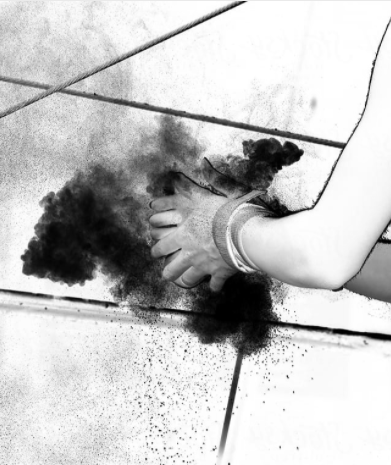Deep gymnast issues uncovered
 The human rights council has uncovered physical, emotional and sexual abuse in Australian gymnastics.
The human rights council has uncovered physical, emotional and sexual abuse in Australian gymnastics.
An independent review into gymnastics in Australia by the Australian Human Rights Commission (AHRC) has found that the sport enables a culture of physical, emotional and sexual abuse.
There are approximately 321,000 participants in gymnastics in Australia, of which 77 per cent are female and 91 per cent are under the age of 12. The average age of all participants in 2017 was eight years old.
The commission conducted interviews with 57 participants for the report.
It makes 12 recommendations based on five key findings.
The main findings were:
-
coaching practices create the risk of harm and abuse for athletes
-
a “win at all costs” culture increases risk, leading to athletes being silenced
-
insufficient understanding of what constitutes child abuse, with little focus on preventing it
-
a focus on the “ideal body” creates eating disorders among athletes, often continuing long after they left the sport
-
the sport's governing bodies did not address complaints of abuse from athletes, and did not properly protect young gymnasts
The report found “it is still widely accepted within the gymnastics community that a female gymnast reaches their peak in their pre-pubescent years”, meaning young girls enter an elite sport before they can handle it.
Many said gymnastics was fine at its local and club levels, but problems began on elite pathways.
“A lot of inappropriate and abusive behaviour was normalised in the gymnastics community,” one interviewee was quoted as saying.
“Minors were restricted from communicating with their parents for days or weeks at a time; strength and conditioning was frequently used as punishment; being yelled at was common and expressions of emotion were further ridiculed and punished; disordered eating was normalised as necessary to success in the sport; athletes were regularly made to train through and compete on injuries.”
The AHRC noted that the “athlete population in gymnastics is predominately young and female”, it found deep power imbalances between athletes and coaches, body-shaming and bullying, and a culture that helped “create an environment where abuse and mistreatment can thrive”.
Gymnastics Australia has responded, saying it “unreservedly apologises to all athletes and family members who have experienced any form of abuse participating in the sport”.
“While important work has been undertaken in recent years to improve policies, education and support mechanisms for our athletes and coaches across child safety and athlete wellbeing, there is clearly more to be done,” the governing body said in a statement.
“The Gymnastics Australia board and management acknowledge this work needs to be underpinned by transformational cultural change across all levels of gymnastics in Australia.”
The full report is accessible here.








 Print
Print